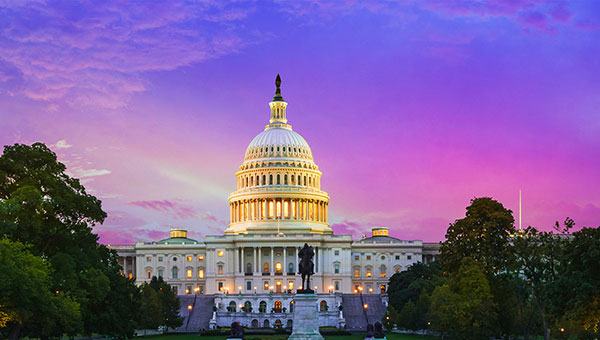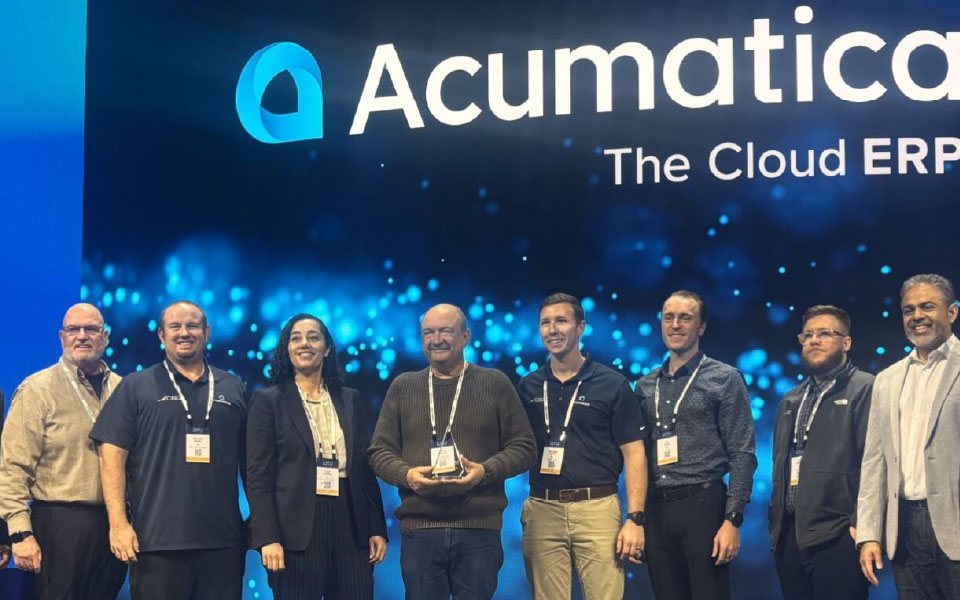Note: This article has been updated with the latest Senate bill passed by the House and signed into law by President Trump.
On July 4, the One Big Beautiful Bill Act (OBBBA) was signed into law by President Trump. For companies in the technology and life sciences sectors, OBBBA has significant implications, with a mix of tax relief and added complexity.
Overall, OBBBA tilts in favor of innovation. It front-loads cost recovery for research and experimentation costs and capital expenditures, offers fresh AI funding, and makes permanent several provisions which were set to expire at the end of 2025. The trade-off is a higher minimum tax on foreign earnings and a return to a state-by-state AI compliance map — factors that smart planning can help manage but cannot mitigate completely.
Below, we have outlined some of the most relevant aspects of OBBBA and what they may mean for your business.
Immediate Expensing of R&E Costs Restored
Since 2022, companies have been required to capitalize and amortize domestic research and experimentation (R&E) expenses over five years and foreign R&E costs over 15 years, instead of deducting them immediately. This change hit startups and early-stage growth companies especially hard, and many found themselves with an unexpected cash tax burden.
OBBBA permanently restores immediate deductions for domestic R&E expenses, offering certainty for taxpayers for the foreseeable future. In addition, OBBBA provides options regarding the retroactive application of the new rules. Certain small businesses will be able to amend prior years’ returns to claim refunds for the deduction of previously capitalized covered expenses. All taxpayers (including small businesses that do not amend prior returns) are given the option to deduct unamortized costs from 2022-2024 over either a one-year or two-year period. However, OBBBA retains the requirement to capitalize foreign R&E activities over 15 years, which continues to defer the cash tax benefit of those R&E investments made abroad.
R&E Tax Credits: More of the Same, But Harder to Claim
While OBBBA mentions enhanced R&E credits for small businesses and startups, no meaningful changes have been made to the credit itself. For example, OBBBA clarifies that amounts incurred for the development of software are included in the definition of R&E expenses.
Separately, the IRS has introduced stricter documentation and substantiation requirements — changes that are not part of the new bill but coincide with its timing. These heightened standards require taxpayers to provide more detailed technical data and contemporaneous records, increasing both the cost and complexity of securing the credit.
For companies in the tech and life sciences sectors — particularly those with software development or early-stage research activities — the credit remains valuable, but the burden of compliance is now significantly higher.
Bonus Depreciation Bumped Up to 100%
Bonus depreciation — which allows businesses to immediately deduct the full cost of qualified property in the year it’s placed in service — has been gradually decreasing since 2023. OBBBA restores, and makes permanent, 100% bonus depreciation for qualifying property that is both acquired and placed in service after Jan. 19, 2025.
For tech and life sciences companies investing in lab equipment, manufacturing facilities, or IT infrastructure, the ability to fully deduct qualifying expenses in the year the property is acquired and placed in service will allow for significant upfront tax savings. It’s a cash flow that can support ongoing capital expenditures and accelerate innovation efforts.
Interest Expense Limitations Loosened
Prior to OBBBA being signed into law, businesses were required to calculate their interest expense limitations based on earnings before interest and taxes (EBIT) — excluding depreciation and amortization. This change, effective for tax years beginning after Dec. 31, 2021, primarily affected businesses with average gross receipts exceeding $30M, making its impact on startups and early-stage companies minimal. However, for larger and more heavily leveraged organizations, this rule significantly reduced the amount of interest expense that could be deducted as incurred.
OBBBA permanently returns to a more favorable calculation by using the EBITDA-based limitation, allowing for the inclusion of depreciation and amortization in the computation of the base rate. This increases the amount of deductible interest, offering meaningful relief to companies with debt obligations.
Capital-intensive companies in tech and life sciences — especially those relying on debt financing to fund infrastructure, manufacturing, or R&E — are likely to see improved after-tax cash flow and greater flexibility for capital planning.

Understanding the One Big Beautiful Bill Act
Visit Resource CenterInternational Provisions
OBBBA broadly increases taxation on foreign-derived income. The Act modifies the Section 250 deduction for GILTI from 50% to 40% and limits the foreign tax credit to 90% of foreign taxes paid. Combined, these modifications raise the effective U.S. tax rate on GILTI to 14%, higher than the 10.668% effective rate originally proposed by the House.
Other foreign tax changes in OBBBA include the elimination of the deduction for QBAI in determining a U.S. shareholder’s GILTI inclusion, essentially resulting in all tested income being included in the GILTI base. Additionally, the allocation of interest, domestic R&E and other expenses allocated to the GILTI basket is limited (before foreign tax credits) for taxable years beginning after Dec. 31, 2025.
For globally active tech and life sciences companies, these provisions could have a material impact on how and where they invest in R&E, manage intellectual property, and structure cross-border operations. Strategic decisions around supply chains, licensing, and entity location may need to be revisited depending on the outcome of the legislation.
Form 1099-K Rule Adjustments
OBBBA brings potential relief for FinTech companies through changes made to Form 1099-K reporting requirements. Starting in 2026, OBBBA repeals the $600 de minimis threshold and restores the previous threshold of $20,000 and 200 transactions per payee, per year.
This rollback eases the reporting burden on payment processors, marketplaces, and peer-to-peer platforms that have been grappling with increased administrative costs and user confusion resulting from the lower threshold.
While this change does not alter the underlying taxability of income received through platforms, it significantly impacts information reporting obligations.
What Comes Next?
The One Big Beautiful Bill Act offers meaningful tax relief and regulatory stability for innovation-driven industries like technology and life sciences, particularly in areas such as current R&E deductibility, increased interest deductibility, and 100% bonus depreciation.
Given the breadth and complexity of the reforms, technology and life sciences companies should:
- Evaluate the tax and financial reporting impact of OBBBA;
- Align internal processes to meet evolving compliance and documentation standards (e.g., for R&E credits and 1099-K reporting); and
- Reassess strategic decisions around capital expenditures, debt financing, global structure, and digital operations.
Need help navigating the One Big Beautiful Bill Act? CBIZ is here to support tech and life sciences businesses through complex tax reform. Talk to our team today to get started.
© Copyright CBIZ, Inc. All rights reserved. Use of the material contained herein without the express written consent of the firms is prohibited by law. This publication is distributed with the understanding that CBIZ is not rendering legal, accounting or other professional advice. The reader is advised to contact a tax professional prior to taking any action based upon this information. CBIZ assumes no liability whatsoever in connection with the use of this information and assumes no obligation to inform the reader of any changes in tax laws or other factors that could affect the information contained herein. Material contained in this publication is informational and promotional in nature and not intended to be specific financial, tax or consulting advice. Readers are advised to seek professional consultation regarding circumstances affecting their organization.
“CBIZ” is the brand name under which CBIZ CPAs P.C. and CBIZ, Inc. and its subsidiaries, including CBIZ Advisors, LLC, provide professional services. CBIZ CPAs P.C. and CBIZ, Inc. (and its subsidiaries) practice as an alternative practice structure in accordance with the AICPA Code of Professional Conduct and applicable law, regulations, and professional standards. CBIZ CPAs P.C. is a licensed independent CPA firm that provides attest services to its clients. CBIZ, Inc. and its subsidiary entities provide tax, advisory, and consulting services to their clients. CBIZ, Inc. and its subsidiary entities are not licensed CPA firms and, therefore, cannot provide attest services.















